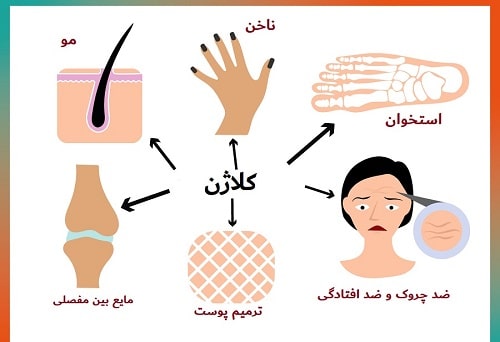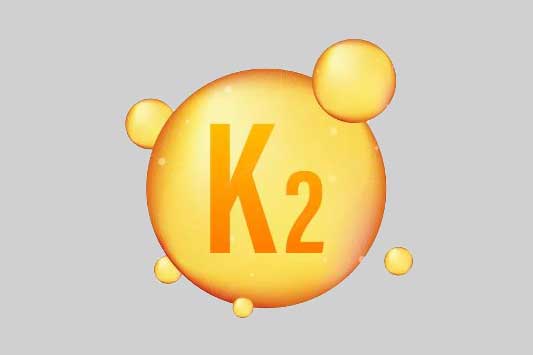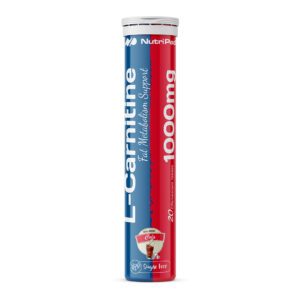What do we know about vitamin K2? Is it useful to combine vitamin K2 with vitamin D in supplements?

Vitamin K2 is one of the fat-soluble vitamins that, unlike vitamin K1, only researches in recent years have revealed some of its important roles. It has been known for a long time that the important role of vitamin K1 is the production of coagulation factors, and deficiency in vitamin K1 causes hemorrhagic coagulation disorders through disruption of the production of coagulation factors. Vitamin K1 is abundantly found in green leafy vegetables such as cabbage and lettuce, and its deficiency is rare in people with normal nutrition. Unlike vitamin K1, however, vitamin K2 is not found in large amounts in green leafy vegetables, but is mainly found in foods such as cheese that are prepared through the fermentation process. Microbes in the digestive system can also play a role in supplying vitamin K2 needed by the body by converting vitamin K1 to vitamin K2.

Vitamin K2 plays an important role in the strength of bones and teeth. In fact, the consumption of calcium for building bones requires the removal of calcium from the blood and its consumption in the bones, and this role is the responsibility of vitamin K2. You probably know that excessive consumption of calcium (in amounts exceeding the daily requirement, which varies depending on the age, sex and conditions of people and is usually between 1000 and 1200 mg per day) is dangerous and increases the risk of developing vascular problems. In fact, excess calcium may be deposited in the arteries and cause the arteries to become hard and rigid (a condition called atherosclerosis that could increase the risk of heart attack). It has been determined that vitamin K2 prevents this complication by taking calcium from the blood and using it to build bones.
Previous studies have shown that vitamin D plays a vital role in bone metabolism and prevention of osteoporosis. Vitamin D increases blood calcium. In the condition of deficiency in vitamin K2, this calcium may be deposited in the vessels and cause vascular problems and increase the risk of heart attack. According to all these points, in recent years, vitamin K and vitamin D have been included in supplements in combination. This combination makes vitamin D more effective in increasing bone density, and on the other hand, it reduces possible side effects caused by calcium and vitamin D.




















